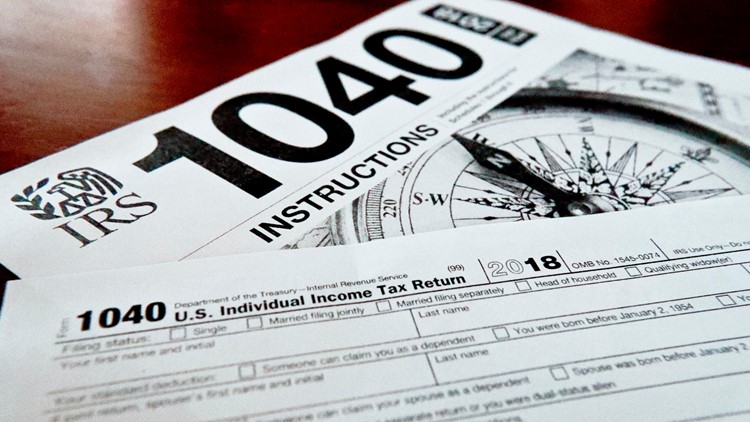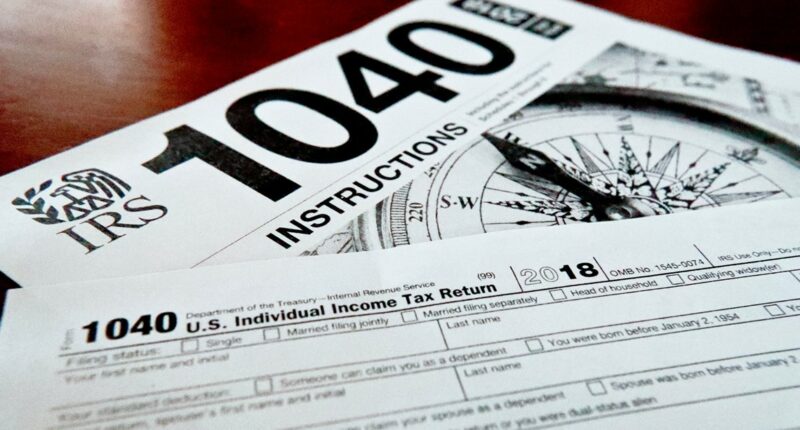Share this @internewscast.com

The adjustments will apply to tax returns filed in 2027.
WASHINGTON — This week, the Internal Revenue Service revealed that Americans will experience slight hikes in standard deductions and tax bracket limits for 2026, as part of the agency’s routine inflation revisions.
The adjustments will apply to tax returns filed in 2027. Here’s what to know.
Tax changes for 2026
Standard deduction
For married couples filing jointly in the 2026 tax year, the standard deduction will increase to $32,200, compared to $31,500 in 2025. Earlier this year, the “One Big Beautiful Bill” tax reform, spearheaded by Trump, bumped up the 2025 standard deduction for taxes to be submitted in the upcoming tax season next year.
Those filing as single or married but separately can expect their standard deduction to rise to $16,100, while heads of household will be able to claim $24,150.
IRS tax brackets for 2026
- 37% for individual incomes over $640,600 ($768,700 for married couples filing jointly)
- 35% for incomes over $256,225 ($512,450 for married couples filing jointly)
- 32% for incomes over $201,775 ($403,550 for married couples filing jointly)
- 24% for incomes over $105,700 ($211,400 for married couples filing jointly)
- 22% for incomes over $50,400 ($100,800 for married couples filing jointly)
- 12% for incomes over $12,400 ($24,800 for married couples filing jointly)
- 10% for incomes of $12,400 or less ($24,800 for married couples filing jointly)
Health plan limits see modest increases
Employees contributing to health flexible spending accounts will have the opportunity to allocate more funds in 2026, with medical savings account limits also increasing to align with inflation.
The IRS specified that the cap for employee salary deductions directed to health flexible spending arrangements will grow to $3,400 for tax years starting in 2026, which is $100 more than in 2025.
For cafeteria plans that allow unused amounts to carry over, the maximum carryover increases to $680, a $20 bump from 2025.
Other changes next year
Additional amendments include raising the earned income tax credit maximum to $8,231 for families with at least three children, up from $8,046 in 2025.
The foreign earned income exclusion rises to $132,900 from $130,000.
Estates of people who die in 2026 will have a basic exclusion amount of $15 million, a substantial increase from $13.99 million in 2025.
The alternative minimum tax exemption increases to $90,100 for single filers and $140,200 for married couples.

















